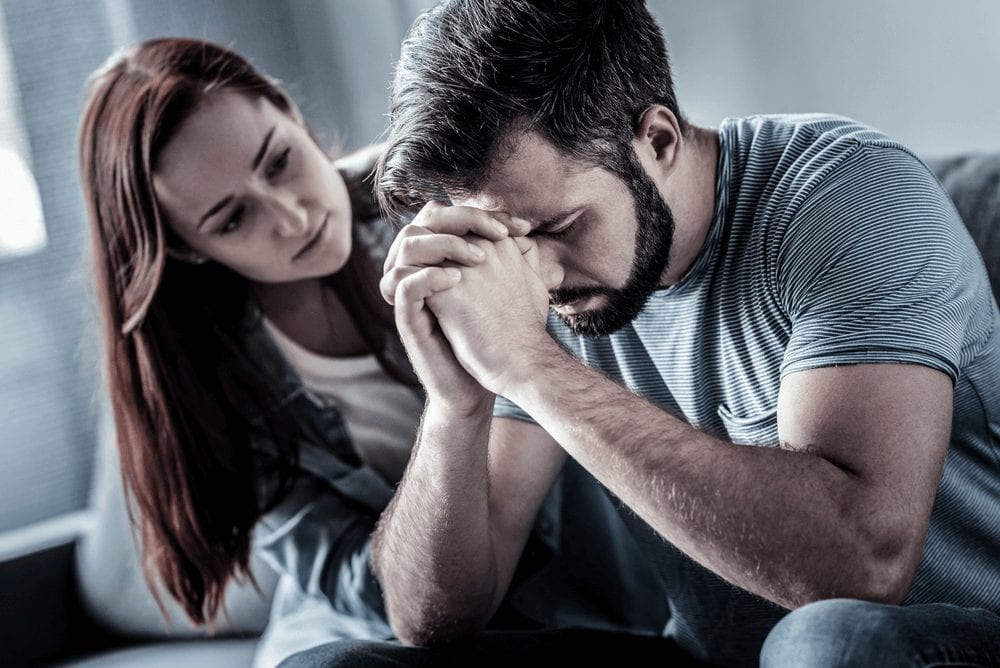Coronavirus: UK government signs deals for 90 million doses of ‘promising’ vaccines
The government has signed deals to secure early access to 90 million doses of “promising” coronavirus vaccines that are being developed.
The agreements include 30 million doses of a vaccine in phase two trials that is being developed by BioNTech and Pfizer and 60 million doses of a vaccine from Valneva.
These deals add to the 100 million doses secured by the government of the vaccine under development by the University of Oxford and AstraZeneca that is already in large-scale phase three human trials.
Download the new Independent Premium app
Sharing the full story, not just the headlines
The government said the partnerships could provide access to enough doses to vaccinate priority groups, including frontline health and social care workers.
Announcing the deals on Monday, Alok Sharma, the business secretary, said the alliance would “ensure the UK has the best chance possible of securing a vaccine that protects those most at risk”.
Matt Hancock, the health secretary, said a safe and effective vaccine is “our best hope of defeating coronavirus and returning to life as normal”.
He urged people to sign up to trials on a newly launched NHS vaccine research registry.
Mr Hancock added: “Every volunteer will be doing their bit towards finding a vaccine for Covid-19 that will have the potential to save millions of lives around the world and bring this pandemic to an end.”
The government is aiming to have half a million people signed up for clinical studies by October.
Professor Chris Whitty, the chief medical officer, said: “Now that there are several promising vaccines on the horizon, we need to call again on the generosity of the public to help find out which potential vaccines are the most effective.”
Research teams around the world are racing to develop a safe and effective Covid-19 vaccine.
There are 140 candidate vaccines in the preclinical evaluation stage and 23 in clinical evaluation, according to the World Health Organisation.
Kate Bingham, the chair of the UK’s Vaccine Taskforce, said the number of promising candidates shows the rapid pace at which things are moving, but warned against complacency or excessive optimism.
“The fact remains we may never get a vaccine and if we do get one, we have to be prepared that it may not be a vaccine which prevents getting the virus, but rather one that reduces symptoms,” she added.
In addition to the vaccine agreements, the government has struck a deal with AstraZeneca for access to treatments containing Covid-19 neutralising antibodies for people who cannot be vaccinated, such as those undergoing cancer treatment or patients who are immunocompromised.




